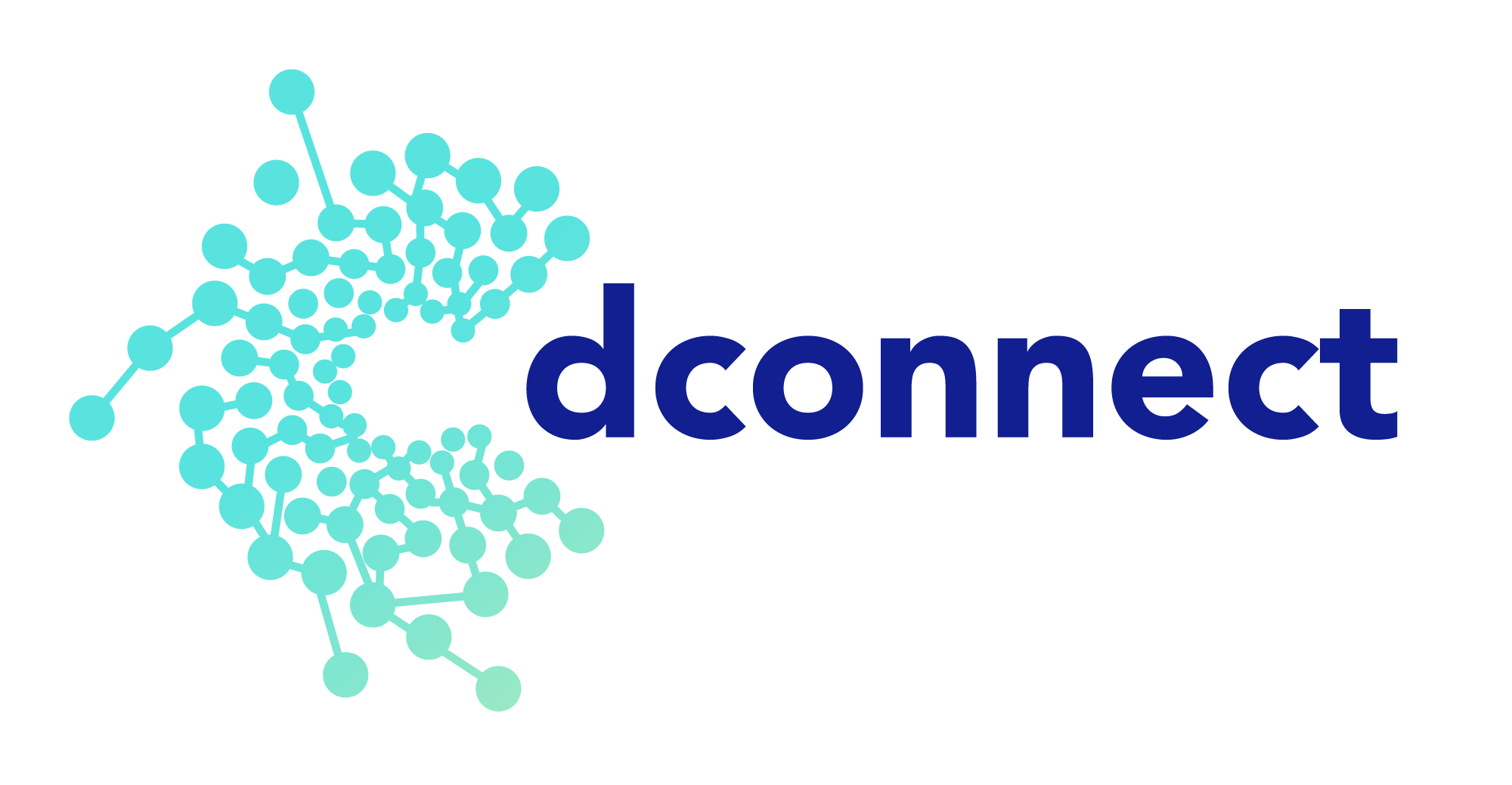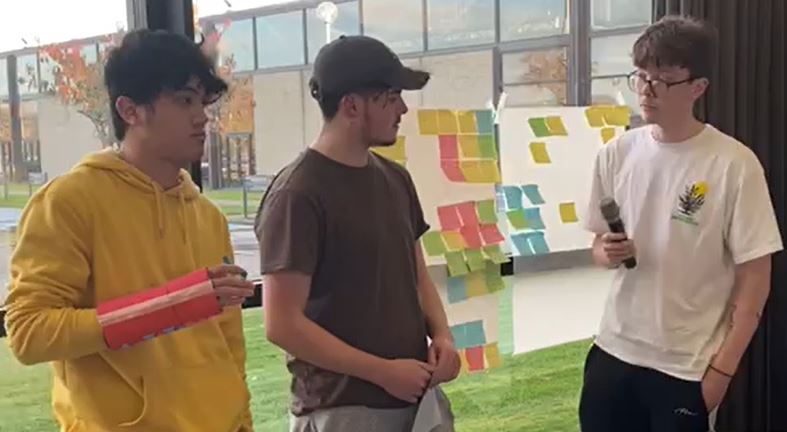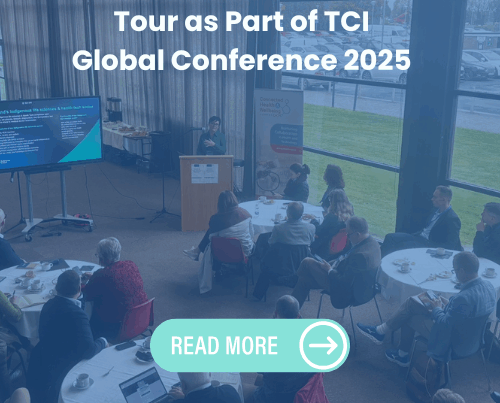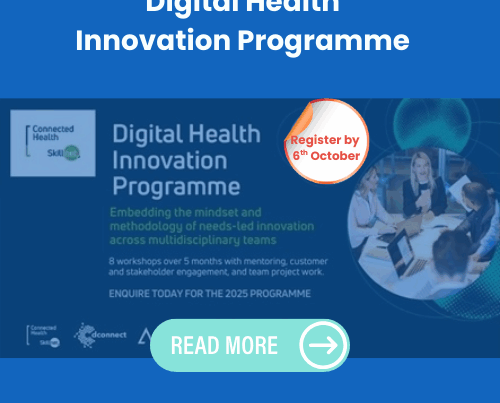EIT Health & DkIT Collaboration
EIT Health collaborated with DkIT’s dConnect Digital HealthInnovation Hub and Connected Health and Wellbeing Cluster in October to stage atwo-day innovation challenge called iDays.
DkIT students who entered the iDays competition werechallenged to use “Design Thinking”, an innovation methodology that emanatesfrom Stanford University, to solve health problems.
far from the countries Vokalia and Consonantia, there live the blind texts. Separated they live in Bookmarksgrove right at the coast of the Semantics, a large language ocean. A small river named Duden flows by their place and supplies it with the necessary regelialia. Separated they live in Bookmarksgrove right at the coast of the Semantics, a large language ocean. A small river named Duden flows by their place and supplies it with the necessary regelialia. It is a paradisematic country, in which roasted parts of sentences fly into your mouth. far from the countries Vokalia and Consonantia, there live the blind texts. Separated they live in Bookmarksgrove right at the coast of the Semantics, a large language ocean.
Winning Team
The winning team, “PhysioLeap”, opted to solve the challenge“managing a chronic illness”. David McCabe, Kyle McQuillan and John Tayag,third year software development students at DkIT, designed an articulatingorthopaedic device that comprises a lightweight glove, made from flexible materialthat is programmable from a smart app.
Occupational or Physio Therapists can programme a patient’sphysio regime into the app, increasing the patient’s mobility and flexibility, byincreasing the speed, repetition and regularity of the physio exercises overtime.
Physiotherapy is the most cost-effective treatment forarthritis but 70% of students don’t complete their physio treatment plan.
PhysioLeap proposes to give the patient a comfortable,wearable robotic glove that even looks good! PhysioLeap will remove the stigma anddiscomfort that can surround currently available splints, thus removing thecause of non-compliance with physio regimes.
David lives with arthritis and says that his teenage yearswere difficult because of the stigma of wearing a splint. “I was one of the 70%who didn’t complete my physio regime”, he admits. “If I had a comfortable,inconspicuous robotic glove, I would wear it more often and it could beprogrammed to do my physio for me anywhere, at college, at home, on the bus,literally anywhere”.
While researching a suitable design for their robotic glove,the Dundalk iDays team identified smartgloves for collaborative robotic applications being developed by Dr RupalSrivastava in Technological University of the Shannon as a material thatcould help them commercialise their innovation.
David, Kyle and John will pitch their innovation at theEuropean Final in Albert Hall, Vienna this week. Everyone at DkIT, dConnect,Connected Health and Wellbeing Cluster and EIT Health wish them well!





